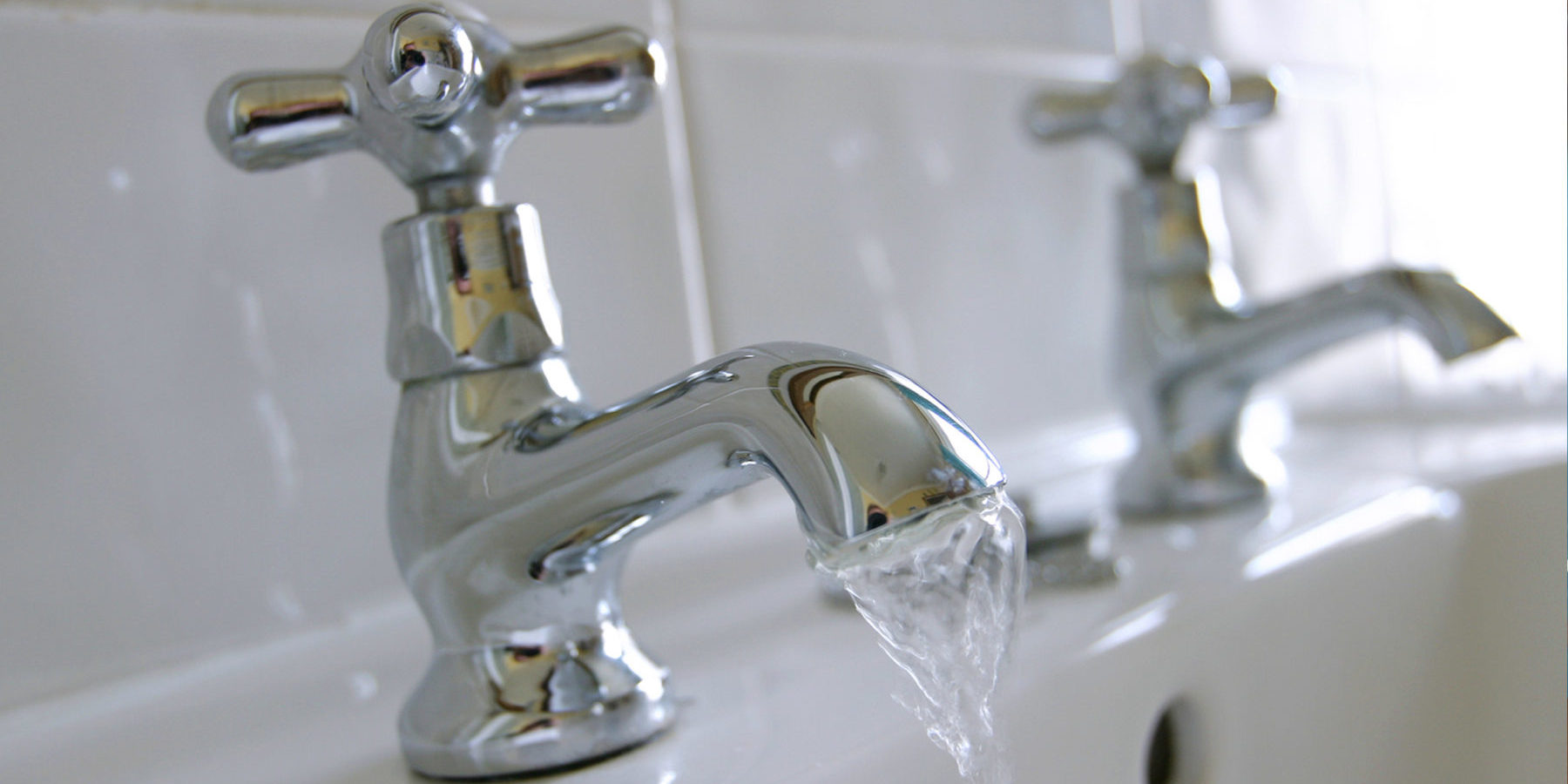For years, Philadelphia operated an inefficient assistance program for low-income water customers, Philadelphia’s most economically vulnerable households. The program helped only 7,000 of more than 60,000 low-income Philadelphia households per year. Customers in that program received a small grant and fixed bill amounts for 12 months. If you were enrolled in that program and your actual water usage cost more than the fixed amount, the difference was added to your accumulated debt with the water department. On average, participating customers saw their water debt increase by almost 25% from 2009 to 2012. In this way, Philadelphia’s old water assistance program increased debt for its low-income participants.
In Philadelphia, water debt has accumulated disproportionately in Black and Latinx communities, where the debt threatens access to life-essential water service and safe housing. Because water debt stays with the property, homes that transfer among family members, typically following the death of a parent or grandparent, are frequently saddled with thousands of dollars in water debt, which the families cannot afford to repay. Unpaid bills rack up penalties and charges and subject the occupants to loss of service, displacement from housing, and jeopardize custody of minor children. A home without running water is no home at all.
In 2015, Philadelphia passed groundbreaking legislation to create an income based water affordability program. In so doing, the City recognized that accumulated water debt compounds poverty and jeopardizes housing stability. Sadly, the promise of that legislation, and the avoidance of collateral health and safety consequences, has been only partially fulfilled.
Community Legal Services worked closely with City Councilmember Maria D. Quiñones-Sánchez to create this innovative new program which would eliminate existing water debt that low-income families cannot repay and prevent the accumulation of new water debt by basing participants’ water bills on their household monthly income and not their usage.
The legislation was clear in its goal to eliminate water debt for participating low-income households. It mandates that “low-income customers…shall be required to make no additional payment in respect of” the debt they owed before enrolling in the new program. And it requires that “earned forgiveness of arrearages shall be available” to participants in the program.
Under this new program, now known as the Tiered Assistance Program or TAP, low-income water customers can be confident that the bills they receive while enrolled in the program will be affordable. With bills set at between 2-3% of household income, TAP customers have the assurance that each month’s bill will be a fixed amount that they can budget for and pay. TAP has also expanded the reach of water bill assistance, more than doubling the number of low-income customers who participate. In these ways, TAP has been tremendously successful.
But Philadelphia has not yet fulfilled the commitment to eliminating water debt that jeopardizes the health and safety of low income families and worsens gentrification and displacement of communities of color. Indeed, as currently operated, some TAP customers may continue to see the water debt on their homes increase due to the imposition of penalty charges, lien fees, and other costs the City may impose. Ultimately, when water debts cannot be repaid, the service is terminated. Termination of service is a direct threat to public health forcing relocation of families, disrupting employment and education, increasing homelessness, jeopardizing child custody, and reducing the value and safety of housing in neighborhoods where low-income families live. For those families who have no place else to go, termination can mean living in a home with no running water for basic sanitation and life.
In contrast, a utility arrearage forgiveness program is a recognized “win-win” that allows the utility to recover costs while eliminating the utility debt burden for our most vulnerable community members. Utility arrearage forgiveness programs already exist all across the state of Pennsylvania and in many other states – Philadelphia’s gas and electric utilities currently operate arrearage forgiveness programs. These programs typically eliminate accumulated utility debt over a period of 1-3 years, provided the customer pays the current charges for service under the low-income program. The utility benefits from the customer’s payment of the current bills, and the customer benefits as the burden of the debt is removed. The utility and all of its customers benefit when low-income customers are not subject to termination and collection actions, which create additional labor and enforcement costs, and jeopardize housing, health and family unity.
Sadly, the City has not implemented a meaningful water arrearage forgiveness program, despite the requirements of the legislation. Early TAP enrollment numbers showed that between 95% and 98% of TAP customers had accumulated water debt prior to enrolling. On average, those customers owed more than $3,500 per household. For one in five low-income customers, the accumulated water debt was $5,000 or more. Currently, water debt continues to loom over low-income TAP customers, reducing the value of housing in low-income neighborhoods, and continuing to present risks of termination, collection actions, and housing displacement as the City exercises its power to foreclose on homes carrying significant water debt.
The City is required to make earned forgiveness of water arrearages available, but has failed to do so. As a result, water debt continues to jeopardize the health and safety of families and neighborhoods in Philadelphia. City Council is poised to hold hearings on empowering low-income Philadelphians to earn forgiveness of past water debts. As a matter of public health, the elimination of water debt low-income customers cannot afford to pay is vital component of family, household and community stabilization.






